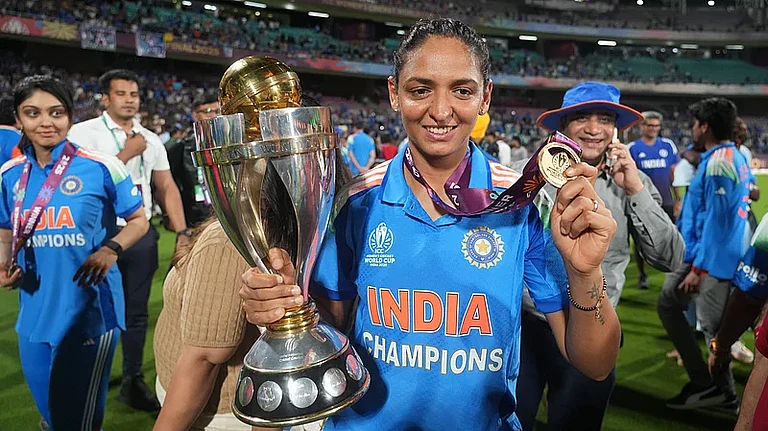A five-judge Constitution bench of the Supreme Court on Thursday unanimously decriminalised part of the 158-year-old colonial law under Section 377 of the Indian Penal Code (IPC) which criminalises homosexuality.
The Constitution bench headed by Chief Justice Dipak Misra termed the part of Section 377 of the Indian Penal Code which crimiminalises unnatural sex as irrational, indefensible and manifestly arbitrary.
The bench, which also comprised Justices R F Nariman, A M Khanwilkar, D Y Chandrachud and Indu Malhotra, struck down a part of Section 377 as being violative of right to equality.
While the Supreme Court bench said the 158-year old law had become an "odious weapon" to harass the LGBT community by subjecting them to discrimination and unequal treatment, a judge also said that history owed an apology to the community and their families for the delay in providing redressal for the "ignominy" and "ostracism" they have faced through the centuries.
It said Section 377 was a product of Victorian-era morality and there was no reason to continue with it as it enforced Victorian morale on the citizens of the country.
The top court, in four separate but concurring judgements, set aside its own verdict in the Suresh Kaushal case.
LGBT community possesses same human and fundamental rights as other citizens, the top court said.
READ MORE: Explainer: What Is Section 377 Of The IPC
The top court, however, said other aspects of Section 377 of IPC dealing with unnatural sex with animals and children shall remain in force.
Section 377 refers to 'unnatural offences' and says whoever voluntarily has carnal intercourse against the order of nature with any man, woman or animal shall be punished with imprisonment for life, or with imprisonment of either description for a term which may extend to 10 years, and shall also be liable to pay a fine.
While concluding the historic 493-page verdict, Chief Justice Dipak Misra, who headed the constitution bench, said it was time to move from "darkness to light" to herald a New India which would be a more inclusive society.
"Section 377 IPC, so far as it criminalises even consensual sexual acts between competent adults, fails to make a distinction between non-consensual and consensual sexual acts of competent adults in private space, which are neither harmful nor contagious to the society.
The historic judgement came on a batch of writ petitions filed by dancer Navtej Jauhar, journalist Sunil Mehra, chef Ritu Dalmia, hoteliers Aman Nath and Keshav Suri and business executive Ayesha Kapur and 20 former and current students of the IITs.
They had sought decriminalisation of consensual sex between two consenting adults of the same sex by declaring Section 377 illegal and unconstitutional.
The CJI, who along with Justice Khanwilkar, penned the main judgement, termed sexual orientation as a "biological phenomenon" and "natural" and held that any discrimination on this ground was violative of the fundamental rights.
"It is declared that insofar as Section 377 criminalises consensual sexual acts of adults in private, is violative of Articles 14, 15, 19, and 21 of the Constitution. It is, however, clarified that such consent must be free consent, which is completely voluntary in nature, and devoid of any duress or coercion," the bench ruled.
The issue was first raised by the NGO, Naaz Foundation, which approached the Delhi High Court in 2001. The Delhi High Curt had in 2009 decriminalised sex between consenting adults of the same gender by holding the penal provision as "illegal".
This high court judgement was overturned in 2013 by the apex court which also dismissed the review plea against which the curative petitions were filed which are pending.
The writ petitions were opposed by Apostolic Alliance of Churches and Utkal Christian Association and some other NGOs and individuals, including Suresh Kumar Kaushal.
(With inputs from PTI)






















